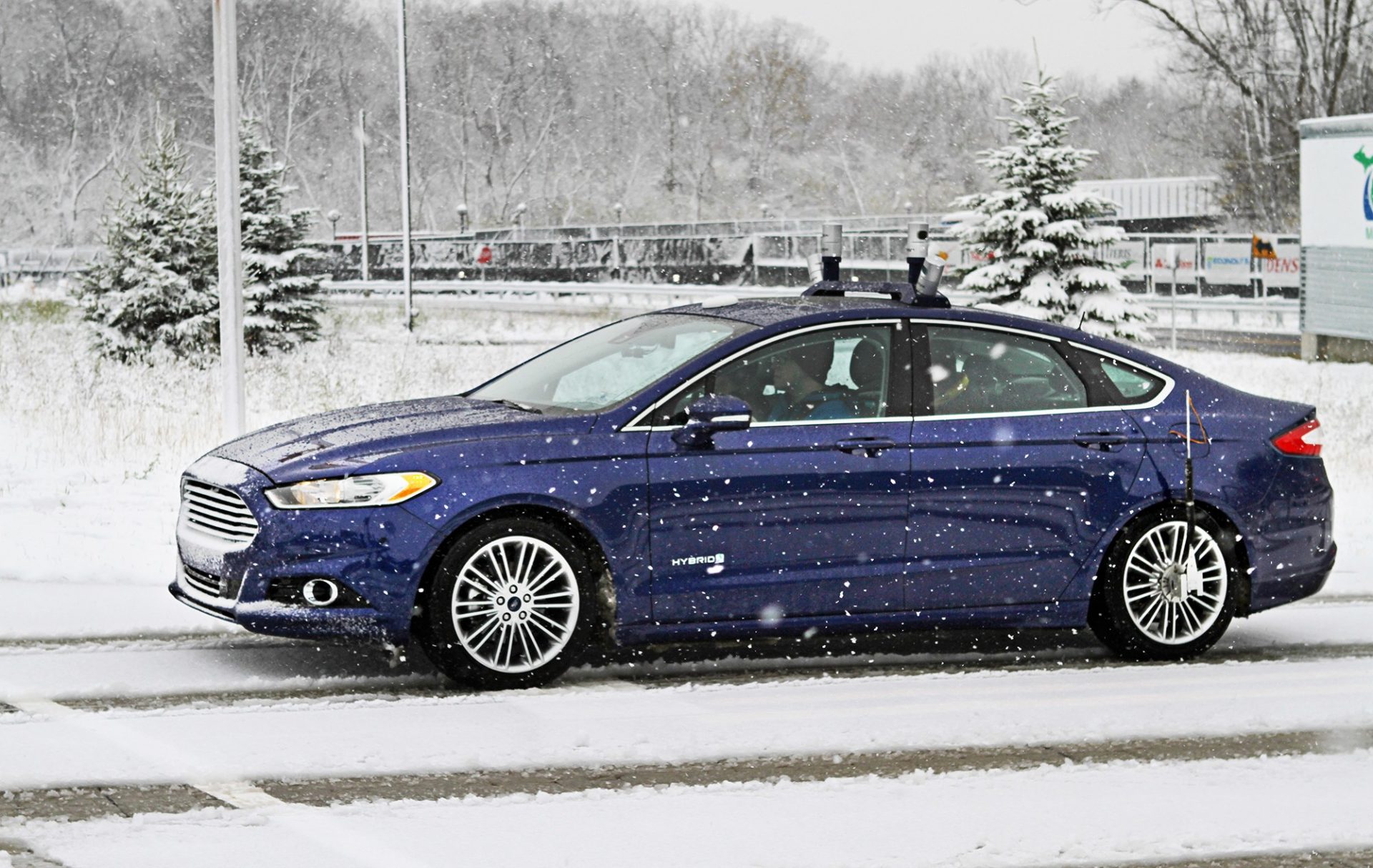The Christmas season can be an exciting time, spending time with the people you love the most and eating all your favourite Christmas meals. However, as with most parts of the UK, drivers are starting to experience what it’s like to drive in extreme weather conditions. For inexperienced drivers that haven’t experienced driving in the winter before, this post we created to help you navigate your way through the vicious roads and not so charming drivers.
If you plan on driving in the winter, here are a few tips to get you on your way;
• You should always make sure that you are well rested before embarking on a long journey. If you are feeling tired when driving, you can pull over and get some rest before continuing with the rest of your journey.
• Before you set off you should make sure that your tyres are properly inflated, and your gas tank is at least half full to avoid freezing up the gas line.
• Always avoid using your cruise control when driving on slippery surfaces.
Tips for driving long distance in the winter
If you plan on taking a road trip or your journey home is longer than 2 hours, then you should follow the tips below to stay safe;
• Always plan by checking out the weather reports for where you are up to where you are heading.
• You should also check out the route you plan to take and plan an alternate route just in case.
• Consider storing at least half a tank of gas in your car at all times.
• Remember to stay warm and bring along extra items of clothing in case it gets colder.
• Finally, you should always make sure that you have enough power on your phone to last you the duration of the journey. In addition, you might want to store the phone number for a mobile tyre fitting service in case you suffer a breakdown along the way.
Things to remember before setting off
Before setting off, you should plan your journey carefully to avoid delays. Here are some more tips to make sure that you get to where you need to be in time for Christmas;
• Time to spare – you should always allow more time than you normally would. This time would account for cleaning your car, de-icing your windows and mirrors and windscreens.
• Slow driving – Remember that it is always better to be late that ‘the late’. With this in mind, you shouldn’t feel that you have to rush to arrive at your destination. Driving slowly gives your brain enough time to react to anything that might happen while on the road.
• No stopping – if you can avoid stopping then you should, the amount of power a vehicle needs to start back up is better spent elsewhere. If you can manage if you should try slowing down and rolling in traffic instead of coming to a halt.
Featured Image

